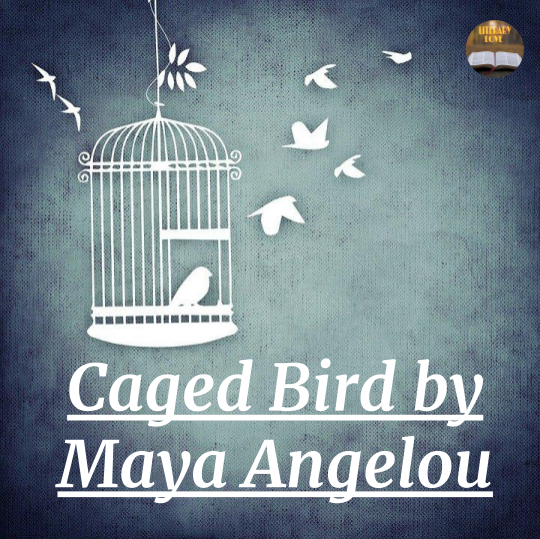The Good-Morrow by John Donne
INTRODUCTION –
"The Good-Morrow" is a remarkable poem by the notable English poet, John Donne. It was published in 1633 in his collection Songs and Sonnets posthumously. The poem consists of 21 lines divided into three seven-line stanzas. Each stanza has the rhyme scheme of ABABCCC. The first six lines of each stanza are in iambic pentameter; the final line is in iambic hexameter. The poem is an audable poem i.e. a morning love poem or song. It describes the state of perfect love in which the speaker and his lover exist. The poem claims that erotic love can produce the same effects that religion can. This love awakens the poet's soul and helps him find immortality.
POET –
John Donne (22 January 1572 – 31 March 1631) was an English Metaphysical poet and scholar. He was famous for his sonnets, love poems, religious poems, elegies, songs, and satire sermons. His works deal with the themes of love, sexuality, religion, death. His most famous works include Death Be Not Proud, A Valediction - A Forbidden Mourning, The Flea, and The Good Morrow.
SUMMARY –
LINES 1 TO 7 -
The poem begins with the poet's three questions that inquire about the state of his and his lover’s lives before they became known to one another. He does not believe the two were truly adults, separated from their mother’s milk until they met. Their lives did not begin until they gave up their “country pleasures.” They became more sophisticated and less dependent on childish pleasures. The poet asks if they were sleeping like the “Seven Sleepers.” He says, yes, of course, everything he said is the truth. Anything he experienced before getting with his current lover was fake and unreal. It was only a fancy. If he ever wanted and gained something beautiful, it was just a dream of his lover.
LINES 8 TO 14 -
In the next lines, the poet describes how now, in their “good-morrow" they will live in happiness together. There will be no need to watch each other out of fear. There would be no jealousy between them. Their relationship will be perfect. The speaker proves that any temptation outside is worthless. He says that his eyes are controlled by love, therefore everything he sees is transformed by his adoration. He speaks of a small room that contains everything on earth. There is no reason for him to leave the bedroom he shares with his lover. The speaker is telling his lover that now that he has this relationship, the rest of the world means nothing to him. The explorers can go out and claim anything and everything they want to. He will be happy to “possess one world” in which they have one another.
LINES 15 TO 21 -
However, the next lines begin with the speaker looking into his lover’s eyes. There he can see his face and he knows her face appears in his eyes as well. He compares their faces to the two hemispheres. Unlike the hemispheres of the actual world, their facial hemispheres are perfect. There are no “two better” in the universe. There is no “sharp north” or “declining west.” The speaker sees himself and his lover as soulmates, they are the other’s missing half. He describes how a lack of balance can cause death. But this is not their case. Their love is balanced physically and emotionally. Their perfect balance is accomplished simply due to the presence of the other. It is the combination of their emotions that keeps them together. They and their love will never die.
THEMES –
- Love - The poem can be considered as a celebration of love, which is presented as intense and unparalleled pleasure. All the joys that the two lovers experienced before they found each other pale in comparison to the joy they experience together. Indeed, love is so powerful that the speaker describes it as an awakening of the soul.
- Exploration and Adventure - The poem was written during the Age of Discovery. Hence in the poem's second and third stanzas, the poet uses words with their focus on "sea-discoverers," "new worlds," "maps," and "hemispheres." The poem compares the desire to chart new lands with the pleasures of love itself and finds the latter to be more powerful and exciting. Indeed, the speaker finds love so pleasurable that he or she proposes to withdraw from the world to dedicate him or herself entirely to that love.
END –
The poem is an example of a mix of romantic love that of religion. The speaker’s soul awakens because of the love he feels towards his lover. The speaker abandons the outside world for his love and by doing so he finds immortality. In short, the poem describes the state of perfect love in which a speaker and his lover exist.











1 Comments
Hello👋, I'm Ekramul Islam, one of your fans and students. Seriously, your English literature videos are the best! You have a real knack for bringing these works to life and making them fascinating. Thank you for sharing your passion and knowledge – it's made a huge difference in my understanding and enjoyment of literature. Keep up the amazing work!
ReplyDelete